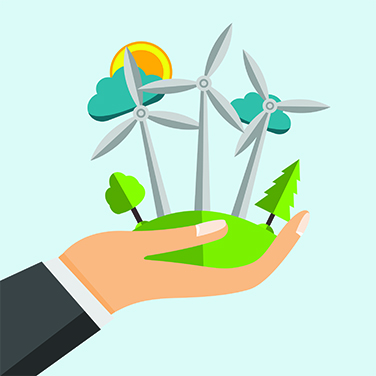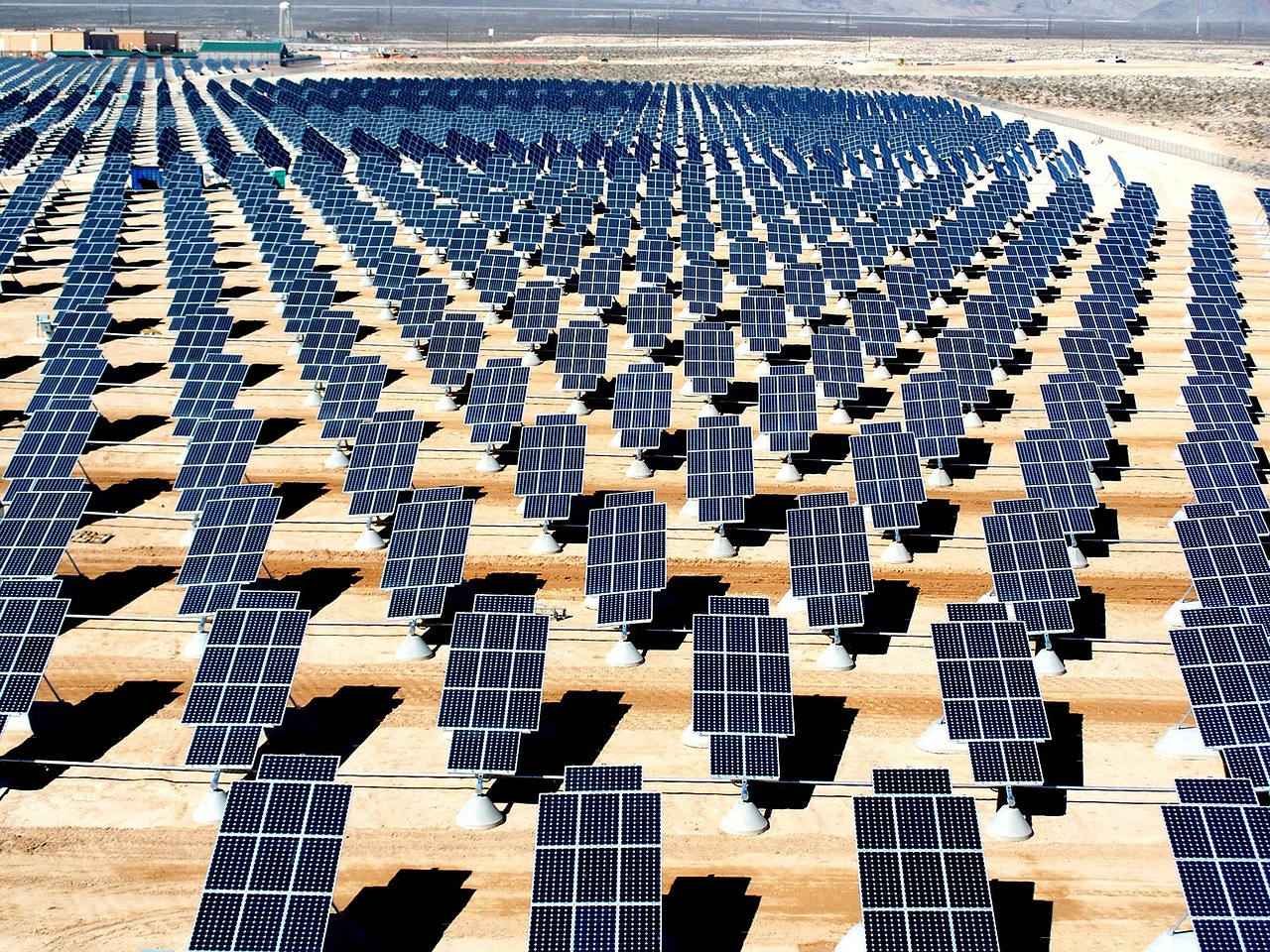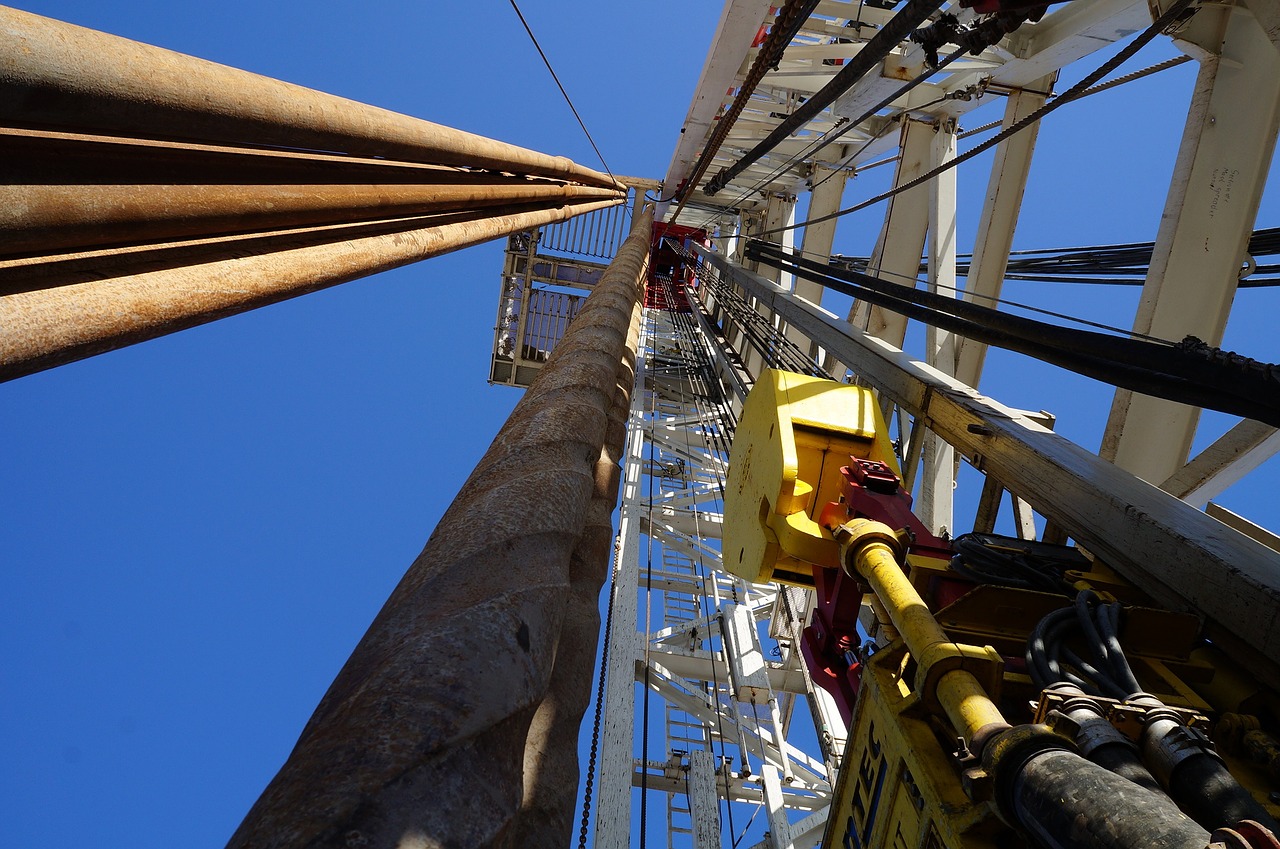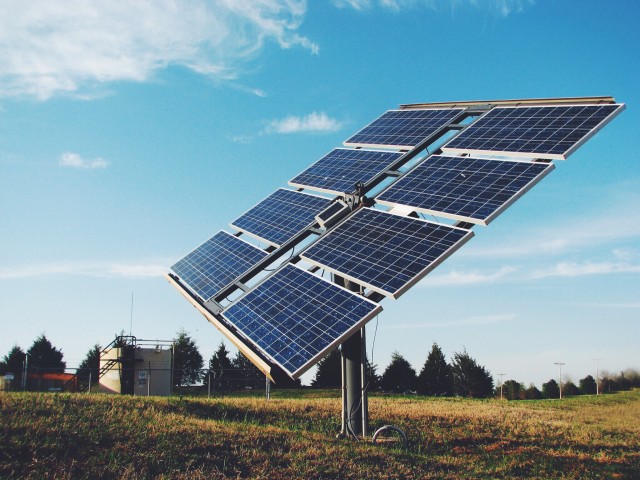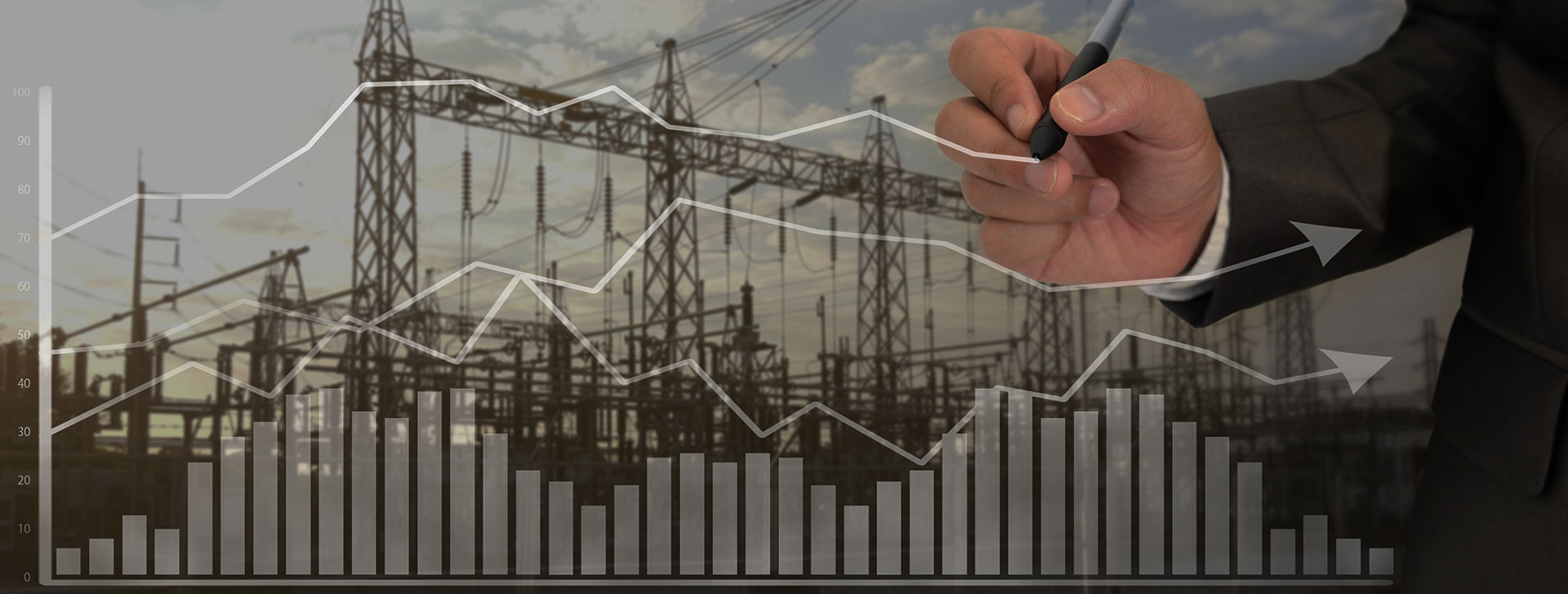Edge has been invited to present at the Gas Energy Australia 2018 National Forum, which is being held over the next two days on the Gold Coast. The forum seeks to provide important insights and new learnings across a range of industry relevant issues including policy, innovation, supply and security of Gas within Australia.
Gas Energy Australia is the national peak body which represents the bulk of the downstream gaseous fuels industry which covers Liquefied Petroleum Gas (LPG), Liquefied Natural Gas (LNG) and Compressed Natural Gas (CNG). The industry comprises major companies and small to medium businesses in the gaseous fuels supply chain – refiners and supplies, fuel marketers, vehicle and equipment manufacturers, vehicle converters, consultants and other providers of services to the industry.
Thomas Dargue, our Manager of Markets and Advisory, will be presenting on innovative distributed energy solutions and gaseous fuels highlighting some of the opportunities that the change in the National Electricity Market could bring to gas producers.
If you would like to know more about Australian gas or discuss what changes are on the horizon in the gas market both short and longer term, please contact Edge on 07 3905 9220 or 1800 334 336.

